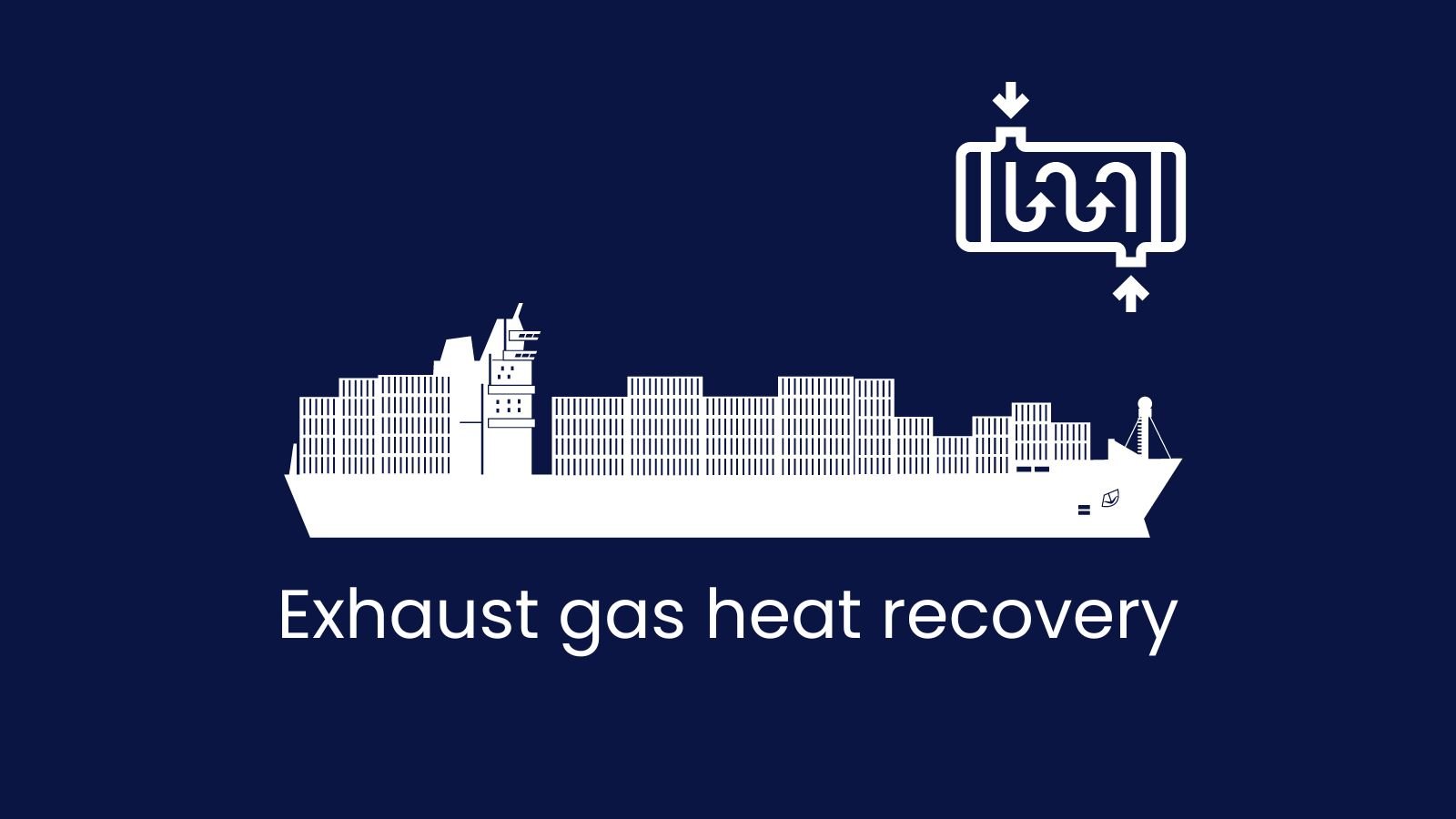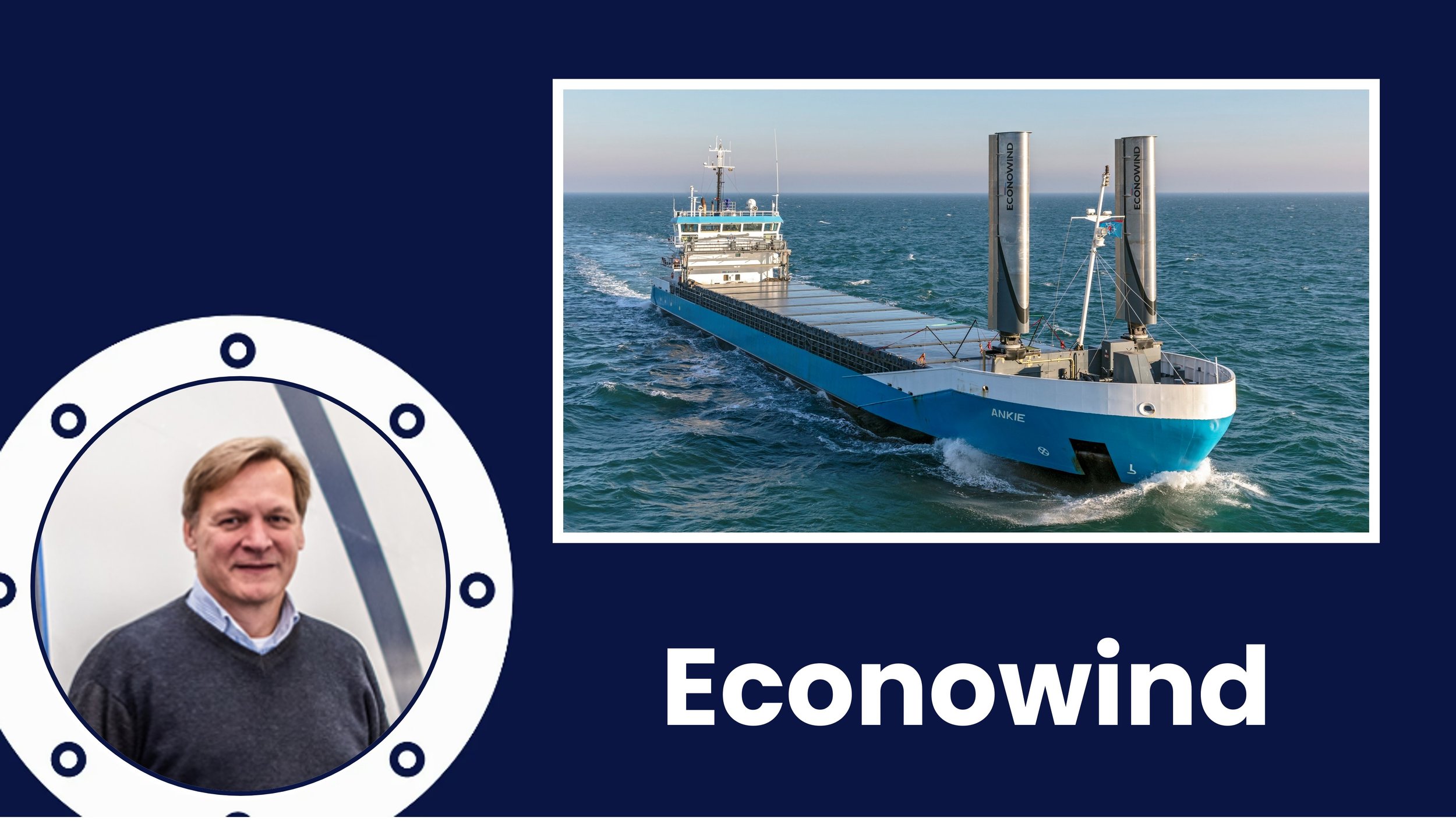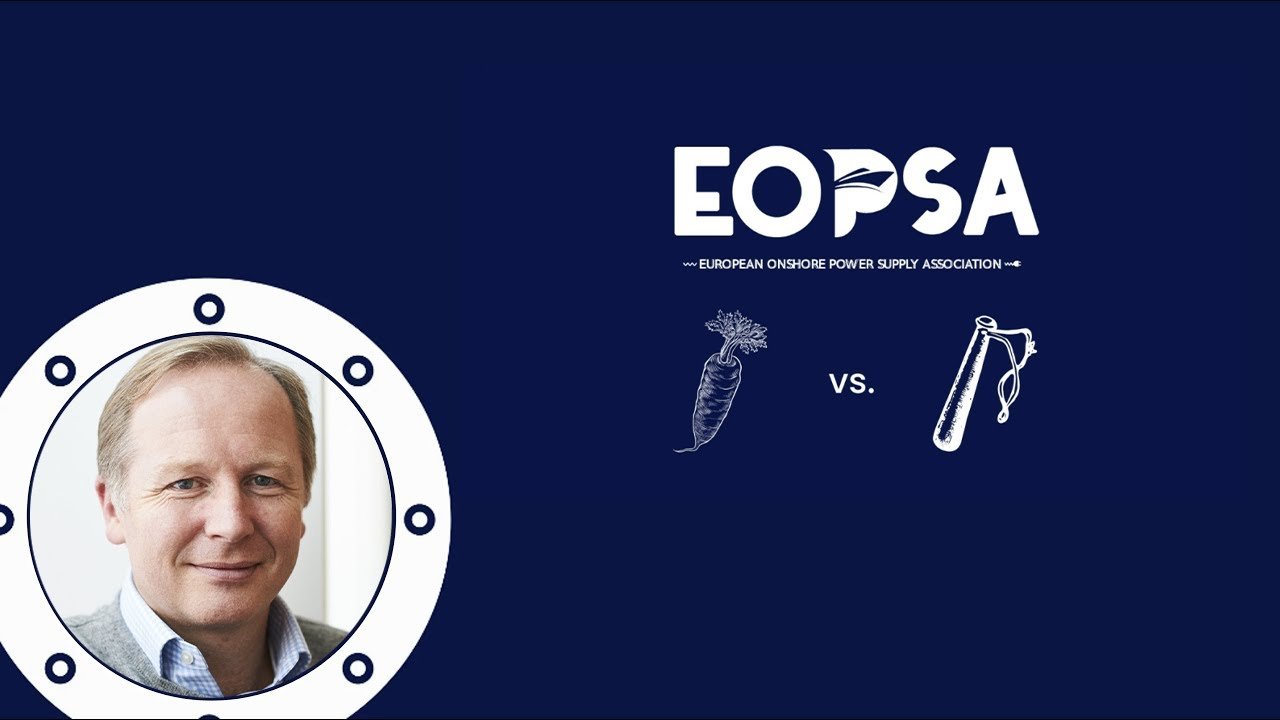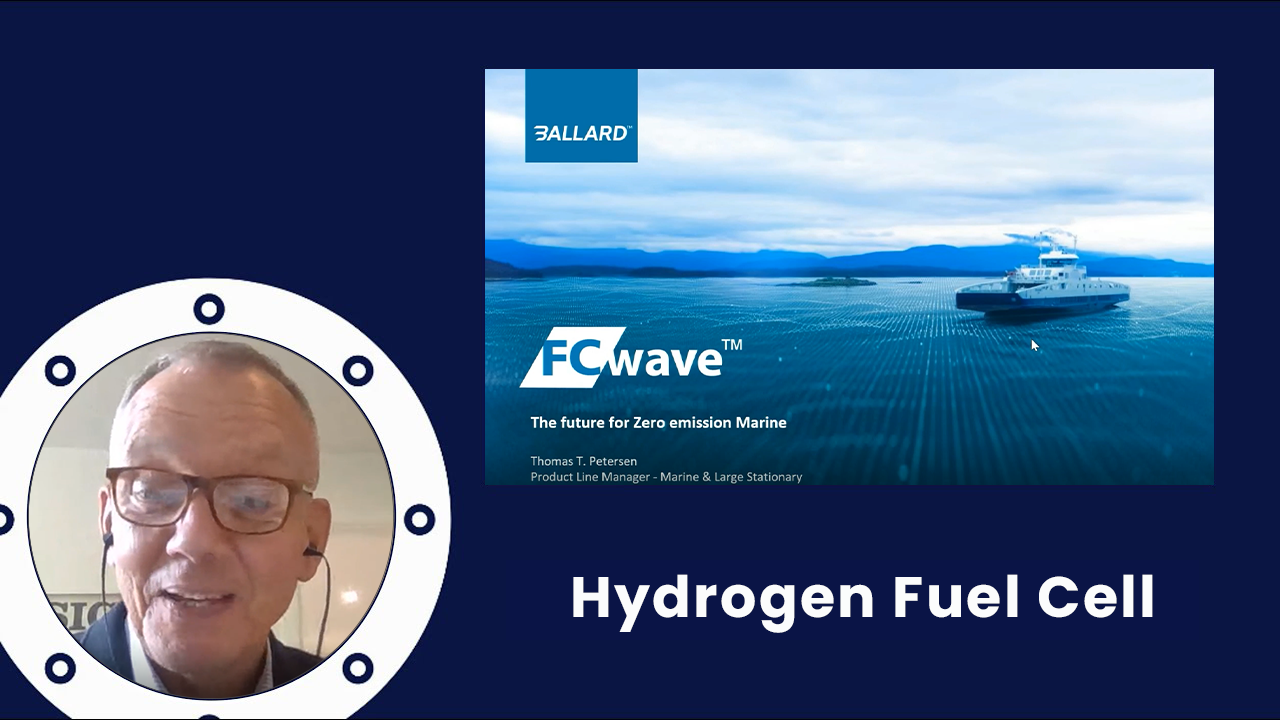Case studies
Illustrative examples on decarbonization measures, costs and regulations
Damen’s Sparky - their first full electric tug
Damen’s first all-electric harbour tug, the RSD-E Tug 2513, is a high-powered tug with 70-tonnes bollard pull, capable of manoeuvring even the largest vessels. It can undertake two or more assignments before being recharged, which takes just two hours. The battery pack size is 2,800 kWh, resulting an approximately 1,400 kW of charging power required. The battery pack is design for the vessel’s 30 year lifetime.
Dual fuel methanol engine switchover by Arenared
This video showcases a fuel switchover of an engine from regular diesel fuel to methanol by Arenared.
How to decarbonize your ship - Inland Waterways + Solar PV
This is a case study on how to decarbonize an inland waterway ship with solar PV technology. Flexible solar PV panels from Wattlab are placed on an inland ship’s hatches in order to reduce fuel consumption while idling or moored. In some cases, the auxiliary generators can be switched off, resulting in an expected CO2 reduction of 26% - 100%.
EOPSA - Digital 4 Port Decarbonisation with GE
Watch this lunch and learn by EOPSA together with General Electric, in which we discuss the onshore and vessel aspects of shore power, including microgrids and using the Decarbonizer to determine the costs for shore power for your vessel.
The State of Methanol as Marine Fuel 2023
This blog is a state of the use of methanol as marine fuel as “quick” reference for shipowners. Key points include costs for retrofitting the ship and engine, range between € 250-€650 per kW, elaboration on IGF code for low flashpoint fuels and technical considerations for conversion and working with methanol. Availability for methanol is good, but bunkering for large vessels mostly non-existent. Methanol price per kilogram is historically lower than regular MGO.
Marine Exhaust Gas Heat Recovery Systems
Marine exhaust gas heat recovery systems can be a useful measure to reduce fuel consumption by 5% for typical cases, with up to 15% for favourable engine and ship characteristics. As a rule of thumb, heat exchangers become more efficient and cost-effective the larger your engine becomes. Conversion of heat to electricity is recommended for diesel-electric vessels, as well as the use of engine cooling water instead of exhaust gas heat.
Overview of Ports’ Sustainable & Shore Power Ambitions
Most ports have the ambition to become carbon neutral by 2050. This typically excludes vessel emissions and focusses on Scope 1/2 port operations only. A significant portion of ports around the world have signed shore power declarations to ‘deploy shore-side electricity by 2028 where possible’, including all large North Sea ports, Los Angeles, Montreal and all large Japanese ports. Cruise and container vessels are the primary target for most ports’ regulations and EU will start taxing vessels via EU ETS from next year onwards.
Overview of Shipping Companies’ Sustainable Ambitions
Four out of the five largest shipping companies have the ambition to be carbon neutral by 2050. Most shipping companies focus on alternative fuels for combustion. Preferred fuels that are currently considered are (bio)LNG and methanol.
Overview of Energy Majors’ Sustainable Ambitions
Virtually all energy majors have 2050 as target date for carbon neutrality. Most focus solely on Scope I and II emissions. Ørsted and Equinor have the highest ambitions and most stringent targets. Repsol, Eni, Shell, TotalEnergies and BP are following suit.
5 Most important EU Rules and Regulations for Maritime Industry
In the next four years, you will be faced with a carbon tax of €200 - €300 carbon tax per mT fuel, mandatory use of shore power and low carbon fuels due to a these five regulations: FuelEU Maritime, EU ETS, AFID, RED, ETD.
Shore-Link with Levan Chikviladze
Ports are the start and end of every vessel’s journey. Because of this, onshore power supply undeniably plays a big part of the decarbonization of the maritime industry. Creating a network of onshore power supply in ports around the world is a tremendous but necessary task. One of the companies providing the technology for this transition is ShoreLink. Watch this lunch and learn by Shorelink, presented by Levan Chikviladze, to learn more.
Econowind with Frank Nieuwenhuis
Join Frank Nieuwenhuis, CEO of Econowind, as we discuss the VentiFoil®, sails of the 21st century. These devices can be installed on board existing vessels or newbuilds to reduce fuel consumption (or make you sail faster!)
EOPSA with Roland Teixeira de Mattos
Watch this lunch and learn with EOPSA Founding President Roland Teixeira de Mattos, who will tell all about EOPSA, its growth, its advocacy, its outlook and the broader topic of Port Energy.
Overview of Shore Power Sockets and Plugs - 1
This blog provides an overview of (European/Dutch) shore power sockets and plugs. They are categorized into three groups, depending on a ship’s installed power: below 100 kW, below 2.000 kW and above 2.000 kW. Especially below 100 kW, there is great diversification of plugs which would merit the creation of a ‘universal adapter’ for ships. Share your experience to help other shipowners.
FCWave - 200 kW Hydrogen Fuel Cell with Thomas Petersen
Join Thomas Therkild Petersen as he presents the FCWave, a modular 200 kW hydrogen fuel cell for marine purposes made by Ballard. It is the only DNV type approved hydrogen fuel cell on the market. At the size of a large cabinet, it can be directly integrated into most engine rooms without a hitch. Watch this video to gain insights on one of the best hydrogen fuel cell systems available for the maritime industry.
FCWave - 200 kW Hydrogen Fuel Cell
As the world’s first type approved module for marine applications, FCwaveTM uses proven technology from Ballard's heavy duty module platform to deliver reliable performance, high power density and favorable economics.
Smart Vessel Optimizer with Bram van den Boom
Join Bram van den Boom as we learn the benefits of using Smart Vessel Optimizer, an analytics tool that offers performance dashboards to increase operational efficiency. No need to change your systems; it makes use of already existing but many times unused signals installed on board. The more vessels that you have connected, the better your insights.
Decarbonizer Tutorial
This tutorial will show you how to use the Decarbonizer in order to get a personalized roadmap to decarbonize your vessel. In just a few clicks, you receive freely available insights into which carbon reduction measures are best suited for your vessel.
Hullvane with Bruno Bouckaert
Join Bruno Bouckaert as we discuss 'Hull Vane', an energy saving device for medium-speed and fast displacement vessels. These include superyachts, naval ships, patrol vessels, offshore vessels, ferries, roro vessels and expedition cruise vessels. Full scale trials show confirmed savings of 5-25% on suitable ships.
Methanol as clean fuel
Learn about methanol, the simplest alcohol in the universe which has the highest hydrogen to carbon ratio of any liquid fuel under ambient atmospheric conditions. It can reduce SOx emission by 99%, NOx by 60% and PM by 95%.




















